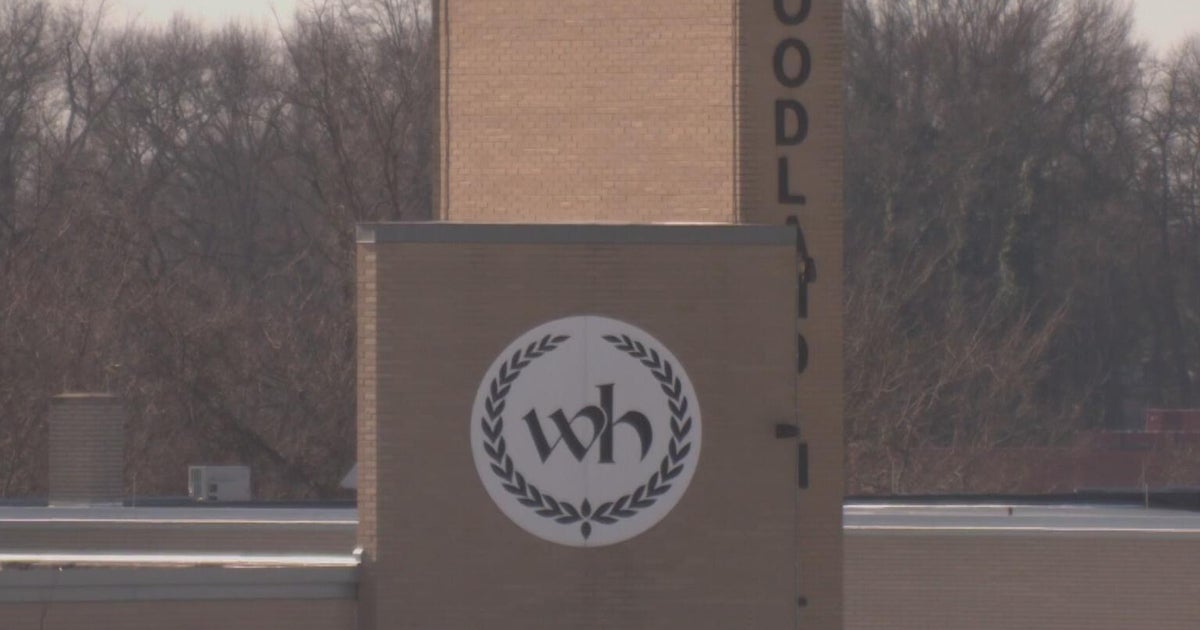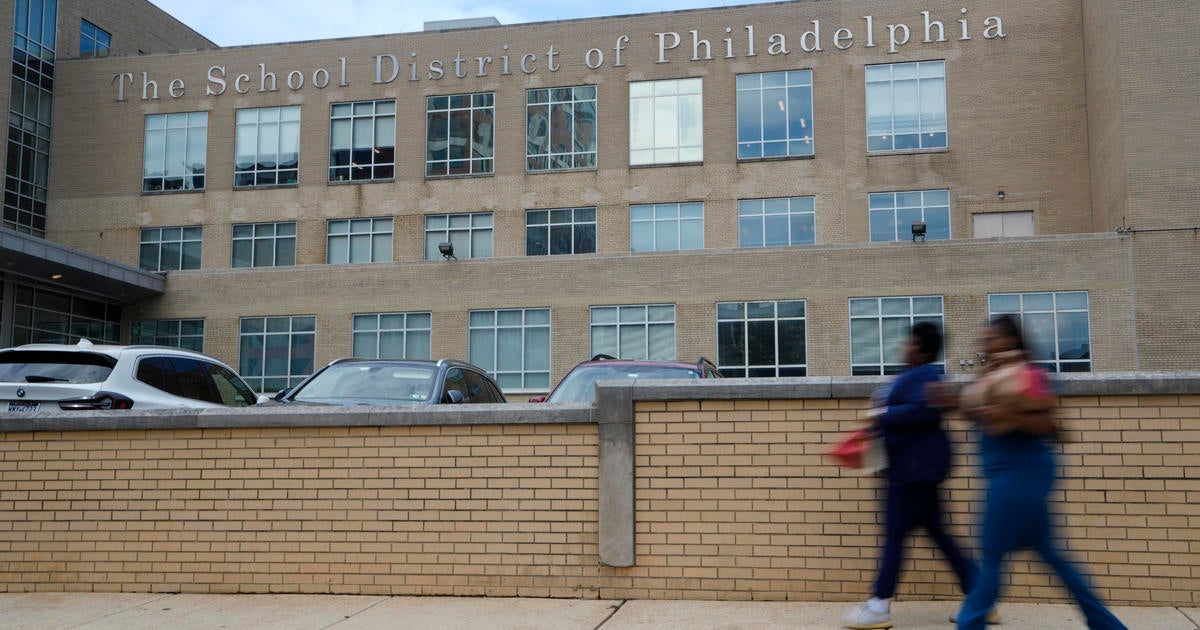FBI Seizes Documents On Los Angeles Schools' $1 Billion iPad Project
LOS ANGELES (AP) - FBI agents seized 20 boxes of documents related to Los Angeles Unified School District's beleaguered $1 billion iPad project, officials confirmed Tuesday.
Agents confiscated documents at the district's offices Monday regarding procurement practices involving the Common Core Technology project, LAUSD's plan to equip all schools with 21st century learning devices.
The FBI confirmed an investigation into the district, but would not provide any further information, citing the ongoing probe.
"The L.A Unified School District will offer its full cooperation to federal authorities during the course of the investigation," Interim Superintendent Ramon Cortines said in a statement.
The FBI action was first reported by The Los Angeles Times.
The initiative to provide all 650,000 students in the nation's second largest school district with iPads has been plagued with problems from the start. Hundreds of students initially given the iPads last school year found ways to bypass security installations, downloading games and freely surfing the Web. Teachers complained they were not properly trained to instruct students with the new technology. And questions were raised after emails were disclosed showing that then-Superintendent John Deasy had been in communication with vendors Apple and Pearson before the contracts were put to bid.
"The idea of providing first class learning technology to all the kids in the district, not just the kids who could afford it, is certainly a worthy educational goal," said Charles Taylor Kerchner, a professor at Claremont Graduate University. "That worthy goal runs up against problems of organizational feasibility, and it did from the beginning."
It was unclear exactly what aspect of the iPad project - one of the biggest technological undertakings by an urban district in the U.S. - the FBI was investigating, though legal experts and education observers immediately focused on Deasy's relationship with Apple and Pearson and the use of construction bond proceeds to spend money on a short-term device purchase.
Ariel Neuman, a former federal prosecutor, said the government is probably investigating possible fraud involving the contracts.
"If someone doesn't disclose a relationship they have with Apple," he said, "those could be material omissions that could lead to a wire or mail fraud case."
Deasy resigned in October, in part due to the troubled iPad rollout and problems with the district's new computerized scheduling system, which left some students unable to enroll in needed classes.
Interim Superintendent Ramon Cortines had planned to move forward with equipping an additional 27 schools with learning devices, but said Tuesday he canceling the contract and starting another. Cortines said he made the decision based on "identified flaws" in the L.A. Unified Inspector General's report on device procurement.
He added that the district would continue with a different contract with Apple to provide iPads and another vendor, Arey Jones, to provide Chromebooks for a new set of exams in the spring aligned to the Common Core, the new academic benchmarks being implemented in California and other states around the nation.
"My intent is that the students attending these schools will receive devices under a new contract at the beginning of the 2015-16 school year," Cortines said.
To date, the district has spent $70 million on the project, purchasing a total of 90,713 devices.
News of the probe immediately drew rebuke from United Teachers of Los Angeles, a frequent Deasy critic. Union president Alex Caputo-Pearl said Deasy, "cannot simply resign and leave a mess for others to clean up."
Deasy did not immediately return a request for comment.
___
Associated Press writer Brian Melley contributed to this report.
Copyright 2014 The Associated Press.







